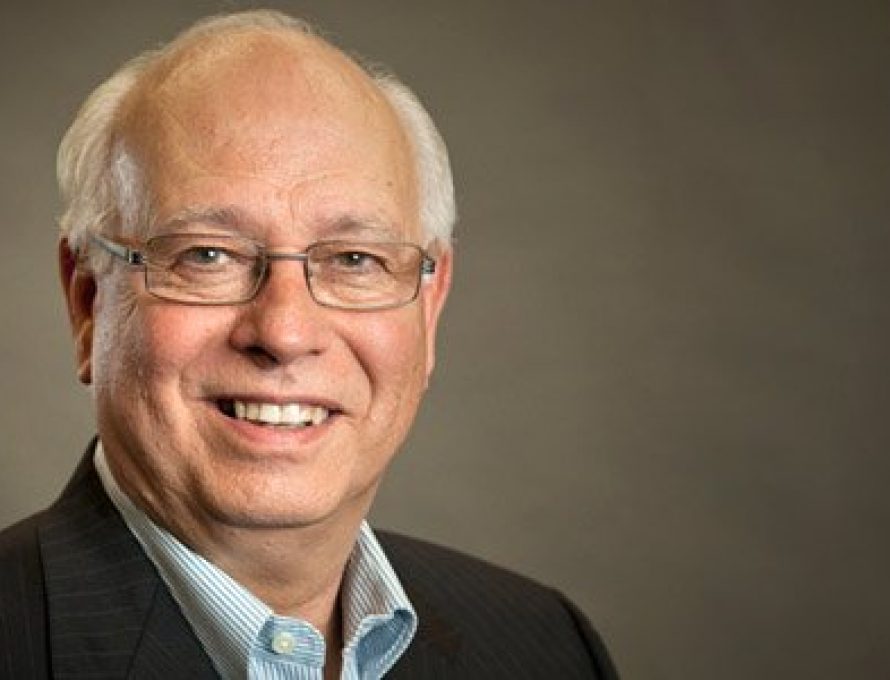I just returned from the Southern Baptist Convention Executive Committee meeting in Nashville. While there was much significant business to conduct, the issue of sexual and physical abuse continues to be a significant part of the conversation. On the first day of our meeting, Monday, Feb. 17, yet another story appeared on USA TODAY’s front page.
This is not just a national issue. As Missouri Baptists, we are waking up to the truth that our 1,800 affiliated churches are not immune from this shameful epidemic. We are acknowledging this reality and addressing it in positive ways.
To begin, we must understand that abuse of any kind grieves the heart of God. It is especially wounding to the Body of Christ, which should be the safest place on earth for the most vulnerable among us.
When abuse strikes a local church, it does great damage to Christ’s name, His mission to redeem the world, and His people’s ability to credibly share the gospel. Every Christian should feel the pain Jesus feels when those who often seem the least among us – those whose angels behold the face of God – become objects of ridicule, violence, or wrongful sensual pleasure.
The consequences of abuse are widespread and long-lasting. They take away innocence, ruin marriages, divide families, split churches, and sully God’s reputation.
This realization should do more than distress us. It should stir us to righteous anger and move us to action. Specifically, the very possibility of abuse in our churches should teach us that we need to:
Prevent abuse. Every local church member should be trained to identify and report abuse. The Southern Baptist Convention’s Caring Well ministry and Darkness to Light’s Stewards of Children®, facilitated by Missouri Baptist Children’s Home, are two excellent ways to equip our people to safeguard the local church against those who prey on the innocent. When it comes to hiring church staff and volunteers, it isn’t enough to rely on background checks alone, which catch fewer than 10 percent of abusers. Proper training for all church members is essential.
Report abuse. Aside from laws that require certain people to report real or suspected abuse, every person who has a reason to believe abuse is happening should speak up – to those in authority in the local church, and to the appropriate law-enforcement agencies and other governing officials. It is no crime to report suspected abuse – but it may be a crime if you don’t report it.
Target abuse. Every church should have clear policies that protect against the likelihood of abuse and require the immediate report of any suspected abuse. Properly trained, every church member is an effective deterrent to abusive people and their devious schemes. No person in the church – whether a leader or a layperson – should be ostracized for sincerely reporting suspected abuse, even if the allegation proves unfounded or the accused ultimately is acquitted.
Love the abused and the abuser. Our local churches should never compromise what is right. We should call sin what it is – a violation of God’s perfect standards, which are for our own good. Local churches should take swift and decisive action in church discipline when known sin invades a congregation – and report suspected criminal activity immediately to the appropriate authorities.
At the same time, church leaders should minister to abuse victims, including family, friends, fellow church members, and the greater community – all of whom experience in varying degrees the effects of abuse. \
Finally, churches should pursue justice on behalf of the abused, accountability for abusers and their enablers, and healing through prayer, counseling, accountability, and appropriate restoration. For the abused and the abuser, some scars may last a lifetime, but the redeeming love of Christ – who suffered the punishment for our sins – is sufficient to redeem even the deepest pains.
While we know there are distinct spheres of responsibility among our autonomous churches and convention entities, I believe I can say Missouri Baptists are unified and zealous in our desire to prevent abuse, protect the vulnerable, and respond appropriately to victims of abuse in the context of our local churches and fields of service. At the same time, we must be prudent and judicious toward the accused.
As the SBC has launched its Caring Well initiative, the MBC Executive Board is reviewing and improving its internal policies and processes to help our affiliated churches educate their members about this abominable sin and equip them to prevent it from ever happening again. We are doing some significant upgrades to policies relating to our events, initiatives and student/collegiate ministries.
Meanwhile, there are steps every Missouri Baptist church can take now. I’m encouraging our pastors to educate and equip the people you serve in abuse detection and prevention.
To get started, visit a special webpage we created some time ago: MoBaptist.org/prevent. It features a personal message from me, followed by links to helpful resources that enable us to protect the most vulnerable among us.

